This is both a call and a message that the General Secretary sends, shares and reminds everyone, every household, every agency, unit and locality to practice thrift and fight waste to contribute to creating resources for national development.
1. In the article, General Secretary To Lam reminded us of the shining example of practicing thrift, President Ho Chi Minh . His teachings on practicing thrift quoted in the article are very relevant in today's era. That is "What is thrift? It is thrift, not luxury, not wastefulness, not indiscriminately...". Therefore, "thrift must resolutely fight against luxury", because "luxury is a crime against the Fatherland, against the people".

Uncle Ho's teachings on thrift are easy to understand and implement for all classes of people. And according to General Secretary To Lam , "Uncle Ho considered thrift an important art of social life."
From Uncle Ho's very specific teachings on practicing thrift, which is saving labor, saving time, saving money, looking more broadly, the leader of our Party emphasized: "In revolutionary stages, our Party and State pay special attention to the issue of practicing thrift, considering this the top national policy".
It is placed in the position of "top national policy" because saving brings resources for sustainable development; while waste will cause many harmful effects both in the short and long term for each person, each family, agency, unit and the country.
We all understand that: “Little by little, a lot can be made”. Therefore, in every situation and daily work of each family, agency, unit, or implementing policies and guidelines at the national level, practicing thrift and fighting waste are deeply meaningful.
The General Secretary cited very specific results of practicing thrift, through which we can see the significance of this important work. That is, when implementing the arrangement and streamlining of the apparatus of the Party, Government, National Assembly, and Fatherland Front agencies at the central and local levels, we have reduced the number of focal points, saved costs, and created conditions for our country to immediately implement the policy of exempting tuition fees for students from preschool to high school from the 2025-2026 school year.
A timely decision, supported and agreed upon by the people, is the "sweet fruit" harvested from the practice of thrift within the state administrative apparatus. In particular, when the 3-level local government model comes into operation (from July 1, 2025), according to General Secretary To Lam, the annual savings in regular expenditures in the 2025-2030 period alone will be more than 20,000 billion VND/year; from 2030 onwards, each year will save over 30,000 billion VND; not to mention the specific value of more than 18,500 headquarters of agencies and units when they no longer have the function of "office" and are expected to be used for meaningful work for the people in each locality.
In a broader view, practicing thrift and fighting waste have an important and consistent position and role in the national development policies of our Party and State. The specific and practical policies among them, according to General Secretary To Lam, are "continuing to reorganize the apparatus of the political system, merging some provinces, not organizing at the district level, merging communes, creating the premise for fundamental changes in practicing thrift in our country in the new period".
2. The opposite of thrift is waste. General Secretary To Lam pointed out the manifestations of waste and the root causes of this bad habit. The leader of our Party said: "Waste does not only exist in state agencies but also in the social activities of the people."
From an in-depth analysis of the consequences of existing problems and limitations in practicing thrift and fighting waste, General Secretary To Lam suggested three issues that need to be focused on.
Firstly, unifying awareness, practicing thrift and fighting waste is one of the most fundamental solutions for the country to overcome all storms in the context of the international situation with many fluctuations, directly and multi-faceted impacts on socio-economic development and ensuring social security.
Second, strongly deploy fundamental solutions to create substantial changes in practicing thrift and fighting waste.
Third , build a culture of thrift; make the practice of thrift and anti-waste become "self-conscious", "voluntary", "daily food, water, clothes".
Thus, the task of building a culture of thrift must be based on self-awareness, voluntariness and become a virtue, habit and daily action of each citizen, each agency, unit and locality. Simply put, it means that we effectively use time, labor, finance, energy, natural resources... and make good use of every opportunity to develop ourselves, serve our families and further contribute to the development of the country...
More specifically, in agencies, units, offices, and enterprises, thrift and anti-waste must become one of the values and standards of public service culture and corporate culture. This also requires clear rules to encourage everyone to practice thrift in using time, public assets, resources, energy, etc. in the most effective way.
In every family, saving should become a standard of behavior and the elderly should be role models in protecting resources, not wasting things and spending reasonably. Everyone must understand that saving is not something far away, but it is daily actions and tasks such as saving water, electricity, food... We should save on every item used daily, use it at a reasonable level and according to needs.
On a social level, we must join hands to build an environment that encourages a frugal and non-wasteful lifestyle. At the same time, we must strongly criticize and promptly correct wasteful manifestations and behaviors; at the same time, promptly introduce and commend good examples of good people and good deeds in practicing a culture of thrift in society.
To spread the culture of thrift and anti-waste throughout the people and society, at the end of the article “Practicing thrift”, General Secretary To Lam quoted the teachings of beloved President Ho Chi Minh: “In the process of building socialism, thrift is a great policy, a great morality, a way of working and a way of life that must never be neglected”; to bring the country firmly into a new and successful era, our entire Party, people and army must strive to practice thrift and anti-waste.
In short, saving is not only saving material wealth, but also saving time, energy, saving words, talking less and doing more, words must go hand in hand with actions. Self-consciously and voluntarily saving like "daily food and water" not only contributes to improving the quality of life, but also contributes to protecting natural resources, creating positive values and standards for the community, contributing to creating new resources to develop the country in the new era.
Source: https://hanoimoi.vn/tu-giac-tiet-kiem-nhu-com-an-nuoc-uong-hang-ngay-704271.html








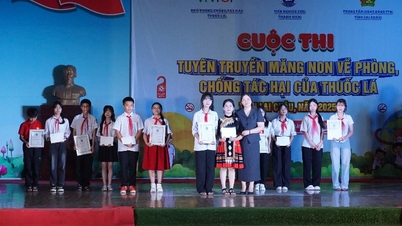

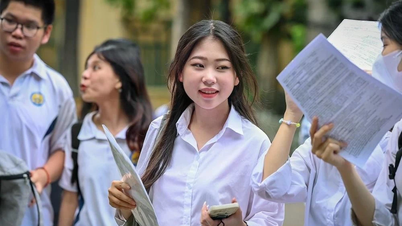

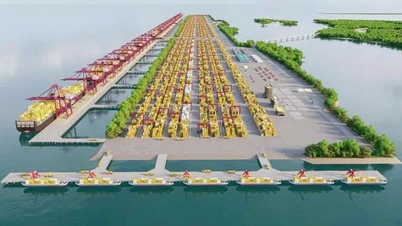

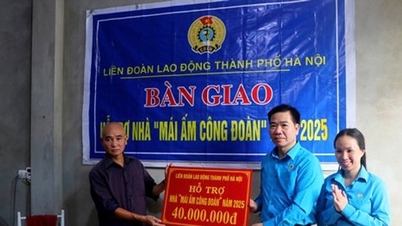
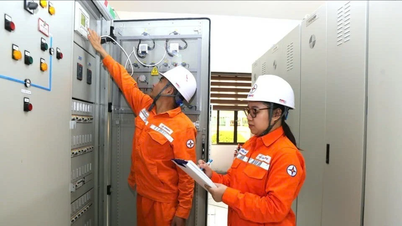
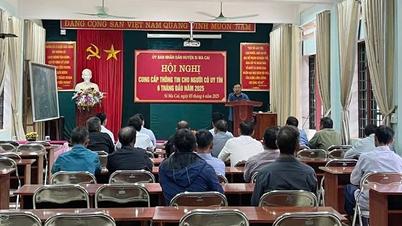




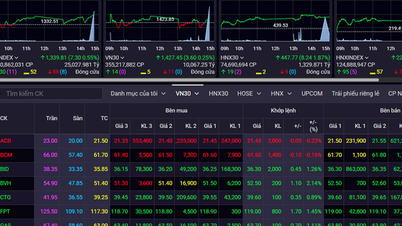
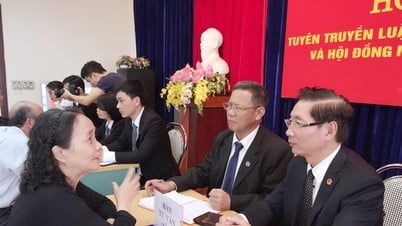
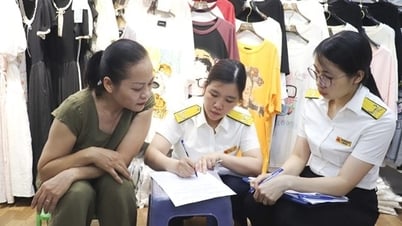
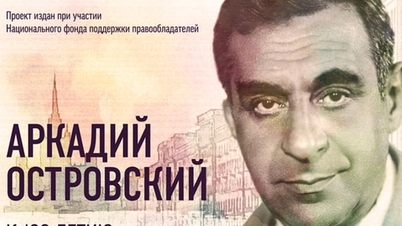
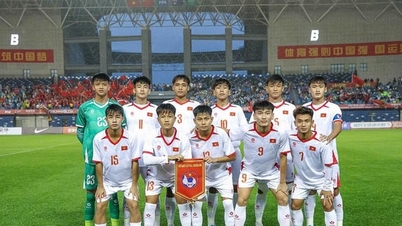
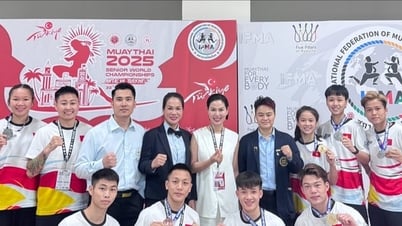


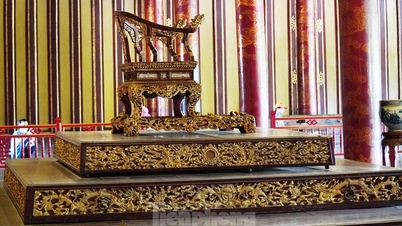
















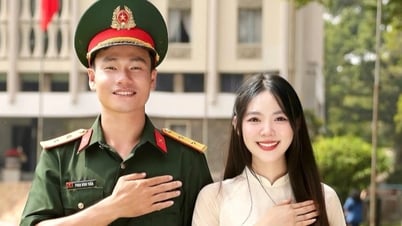





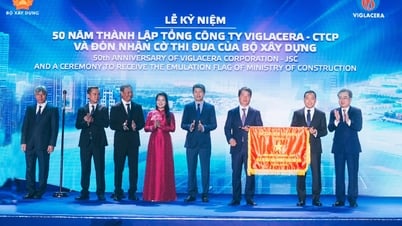

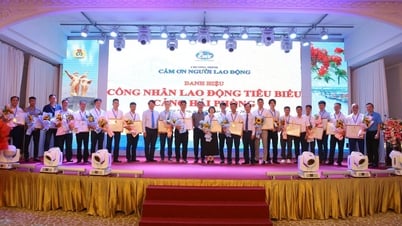
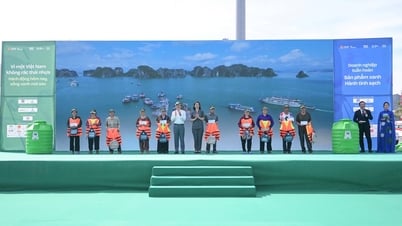



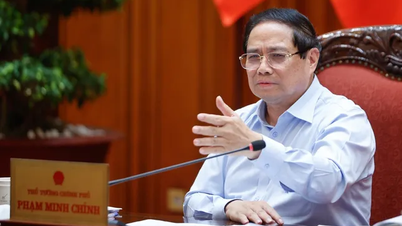


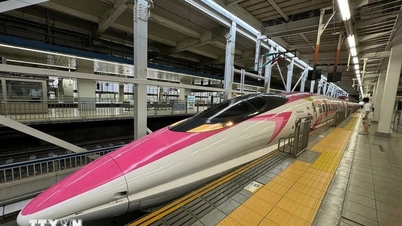

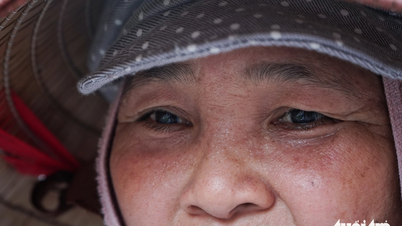
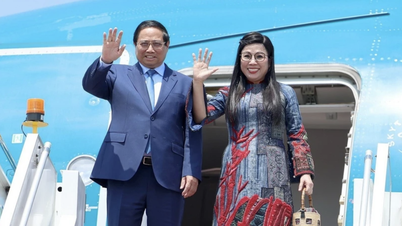
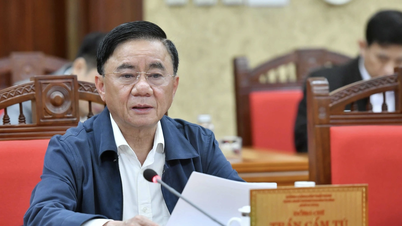
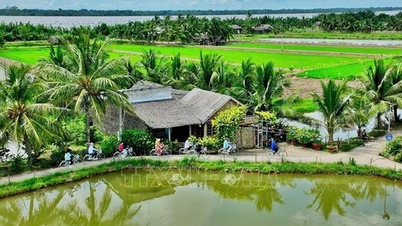


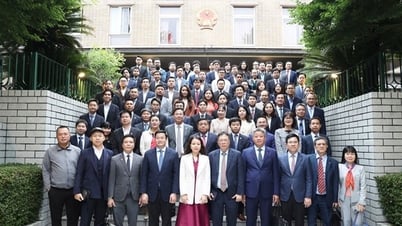

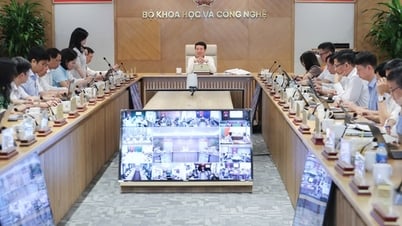
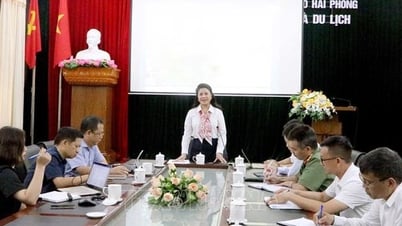
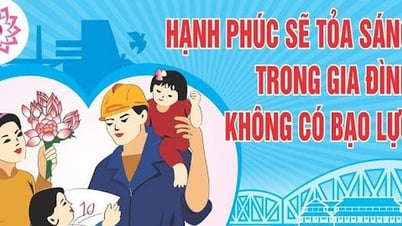
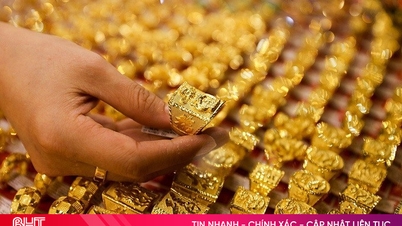

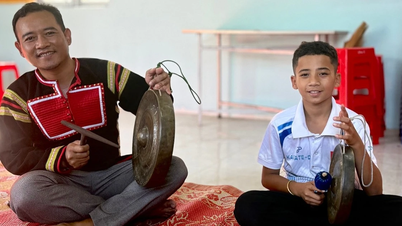

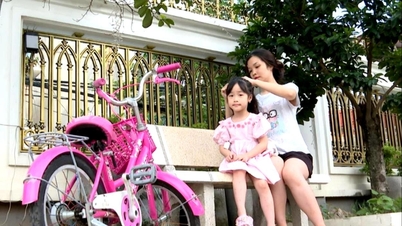

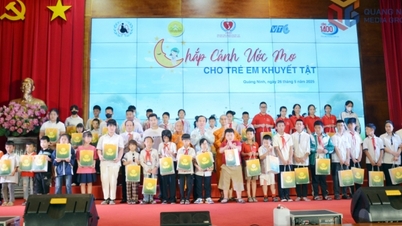

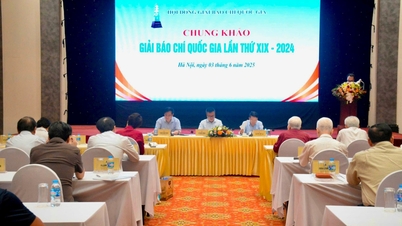

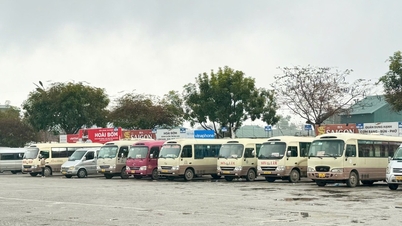
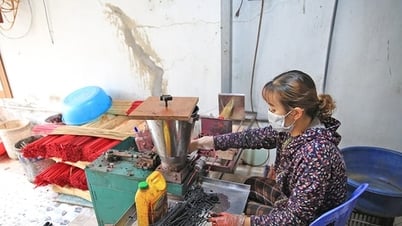








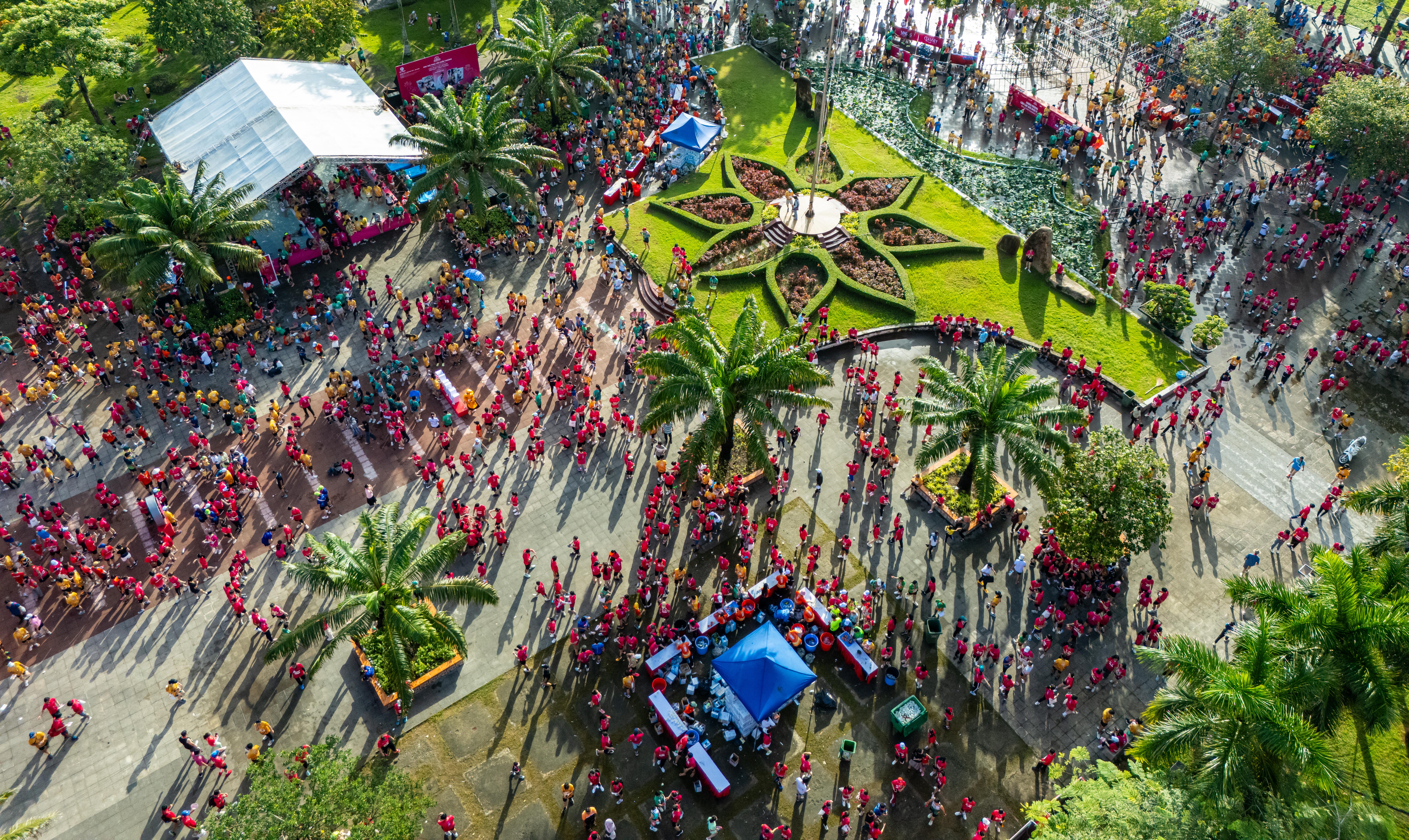
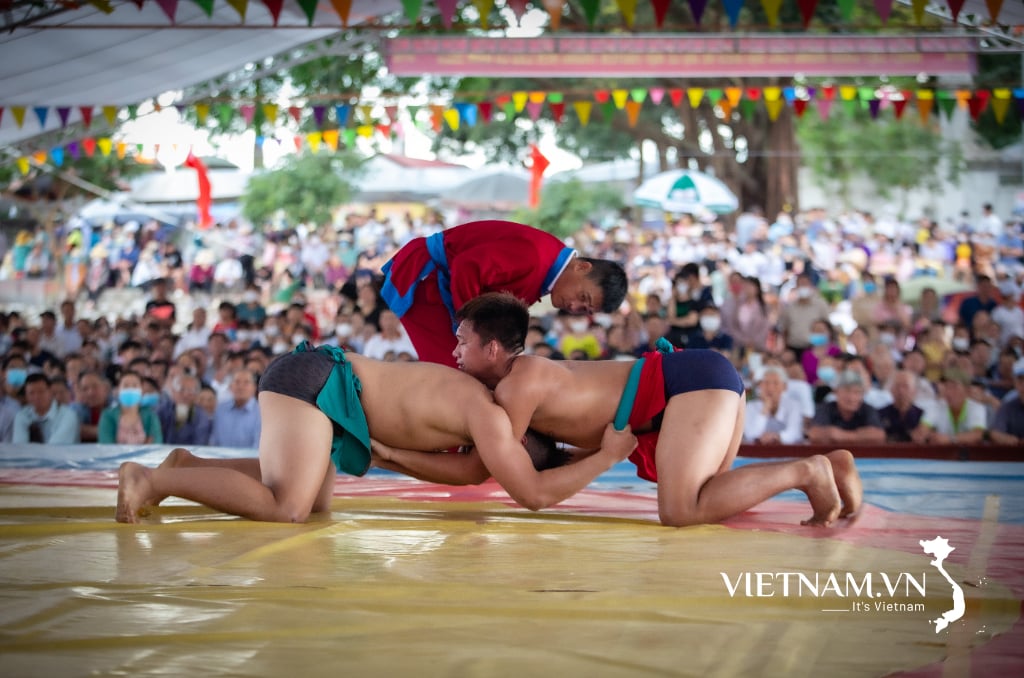
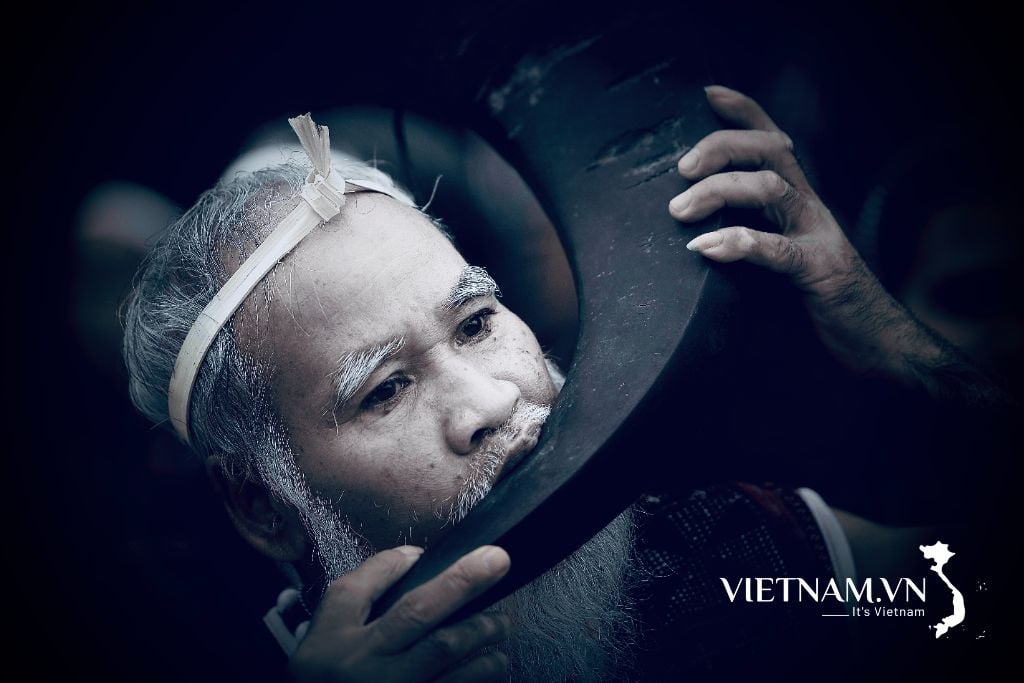
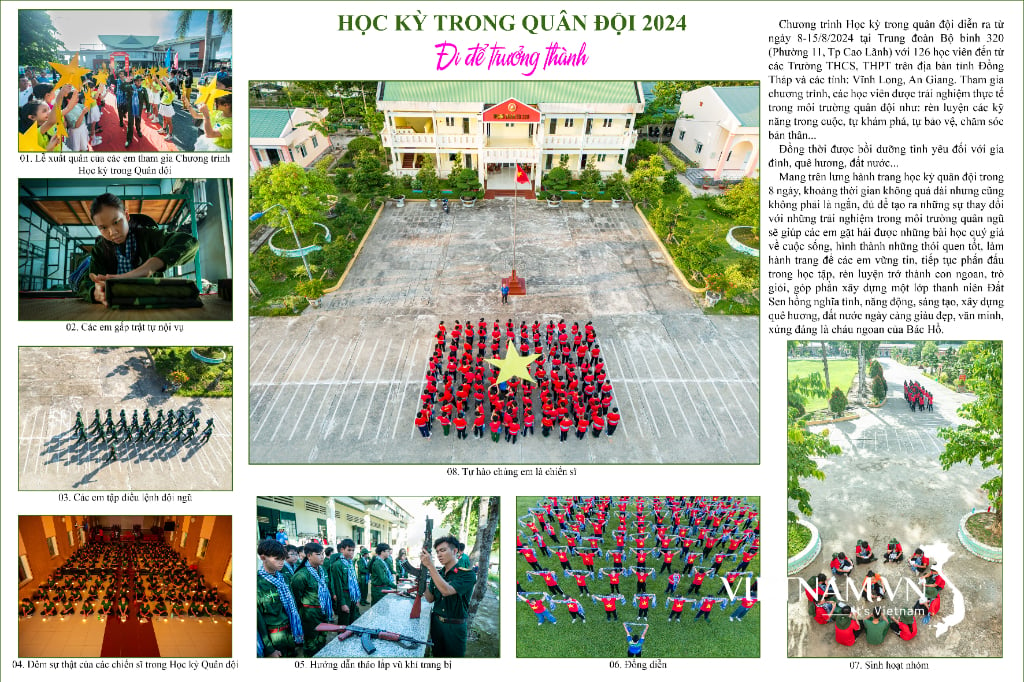
Comment (0)